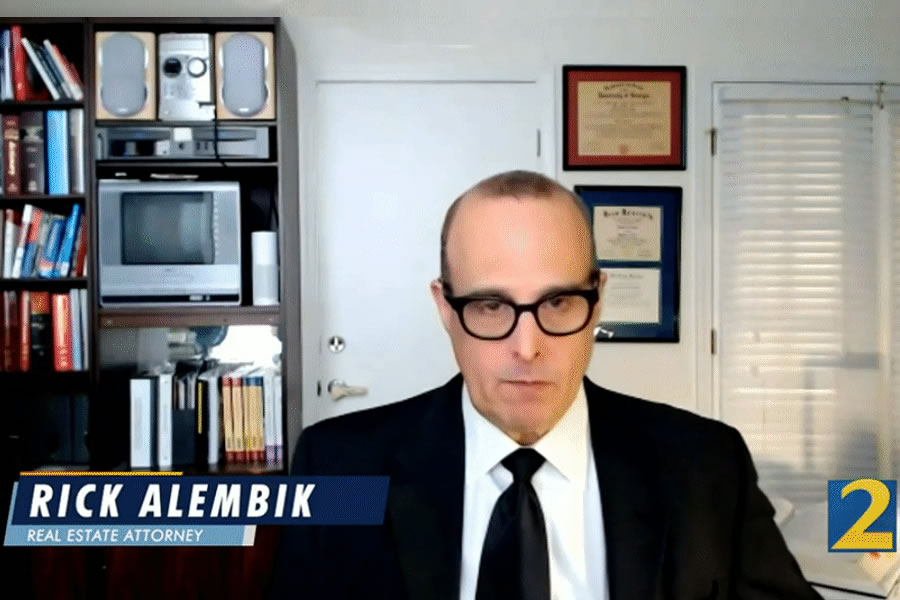Many home buyers are unaware of how easy it is to be scammed during the closing process via email-impersonation or “spoofing” schemes that trick home buyers into misdirecting their bank-wired funds to criminals.
If you are buying a home, here are some tips to keep your money safe from bank-wire fraudsters during the closing process:
- Call your recipient before you wire money.
- Independently confirm you’re calling the right number.
- Don’t publicize your prospective closing.
- Consider hiring your own attorney to assist and advise.
Safely Wiring Money Before a Home Closing
If you are about to pay earnest money, a down payment, or closing costs in connection with a closing you will likely receive instructions by email for wiring that payment. Do not assume that the email you receive is legitimate.
Confirm the Numbers You Call
If you already have a realtor or attorney assisting you, double check with them to confirm the identity and contact information of the closing agent (which might be a law firm or title company). You might also consider looking up the closing agent’s information on the Internet. Cross-check your findings against other resources, such as your state’s bar association’s lawyer directory.
Call Before You Wire
Using the confirmed and cross-checked telephone number of the closing agent, call that phone number. Ask to speak with a human being. Confirm their identity. Typically you’ll want to speak with someone like a paralegal in the “pre-closing” department of a law firm. Confirm the recipient’s bank wiring instructions (account number, routing number, name of recipient, bank information, address, etc.) with that person.
Don’t Publicize Your Prospective Purchase
As much as it’s enjoyable to share the excitement of buying a new home with family and friends, you should avoid sharing this news in a way that it can be discovered by always-opportunistic criminals.
People applying for loans, or who are in the market for a new home are prime targets for bank-wiring schemes. They are often identified through computer hacking, social media, and even real estate insiders.
Even something as mundane as an “Under Contract” addition to a For-Sale sign can draw undesirable attention. Armed with the knowledge that a particular home will soon be sold, a criminal will use social engineering and other techniques to identify the parties involved in the closing and, eventually, the closing agent handling the closing.
Hire Your Own Attorney for Guidance
It is always advisable for a home buyer to hire their own attorney to provide general advice and review paperwork before contracting to purchase or closing on a new home.
Keep in mind that the closing attorney typically represents the lender financing the closing. They have little incentive to provide objective legal advice to the buyer or the seller.
Remember that real estate agents are not lawyers. They can’t give you legal advice. And they are commission-driven.
Recently Atlanta’s WSB-TV’s Justin Gray reported on victims of bank-wiring schemes and their calamitous consequences. His report can be viewed here: https://tinyurl.com/2wucbfy8. This author was interviewed for the report. Unfortunately, the lessons to be learned from Gray’s reporting did not reach the victims who he interviewed until it was too late. Hopefully those lessons — specifically ‟Call before you wire” — won’t be lost on anyone reading this blog post.


